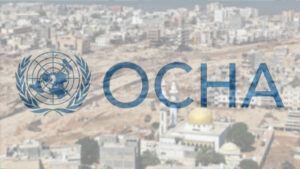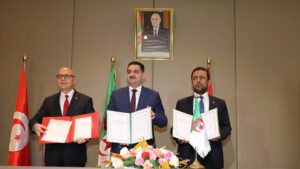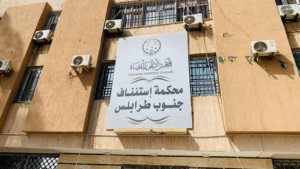The Group of Seven (G7) welcomed, in its final statement after the summit in the United Kingdom, the progress achieved in Libya since the start of the Berlin Process, including the recent endorsement of the interim Libyan Government of National Unity (GNU) and Presidential Council, calling on the GNU to make the necessary preparations for inclusive, transparent and credible national Presidential and Parliamentary elections on 24 December 2021, as set out in the roadmap agreed by the Libyan Political Dialogue Forum.
The G7 statement urged on Wednesday the GNU to improve the delivery of basic services to the Libyan people; to respect human rights, and ensure the protection of refugees and migrants; and to ensure the full, equal and meaningful participation and protection of women and youth.
The G7 also emphasized the importance of unifying Libya’s institutions and protecting Libya’s national oil infrastructure, ensuring that oil revenues are transparently budgeted and distributed for the benefit of all Libyan people.
Speaking about foreign mercenaries and their threat to Libya’s stability, the G7 said it recognized the risks to international peace and security from violations of Libyan sovereignty from the presence of foreign fighters and mercenaries.
“The conflict in Chad, where rebel groups launched their offensive from southern Libya, serves as an acute reminder of this.” The statement reads, calling on all Libyan parties to ensure full implementation of the 23 October 2020 ceasefire agreement and strongly urge all countries to respect and support its full implementation.
“This includes full compliance with the arms embargo and the full withdrawal from Libya without delay of all foreign forces and mercenaries.” The G7 added.
The statement of the G7 hailed the request in UN Security Council Resolution 2570 for the UN Support Mission in Libya to provide support to the 5+5 Joint Military Commission and the Libyan-owned Ceasefire Monitoring Mechanism (LCMM), with the aim of implementing in full the 23 October 2020 ceasefire agreement.
“We commit to support the LCMM and UNSMIL’s wider efforts to support the Libyan political transition process. We underline the need to plan for the disarmament, demobilisation and reintegration of armed groups, and all relevant non-state armed actors.” The statement adds.
The G7 highlighted the need for security sector reform and the establishment of an inclusive, accountable, civilian-led security architecture for Libya as a whole, calling for transitional justice and reconciliation.





